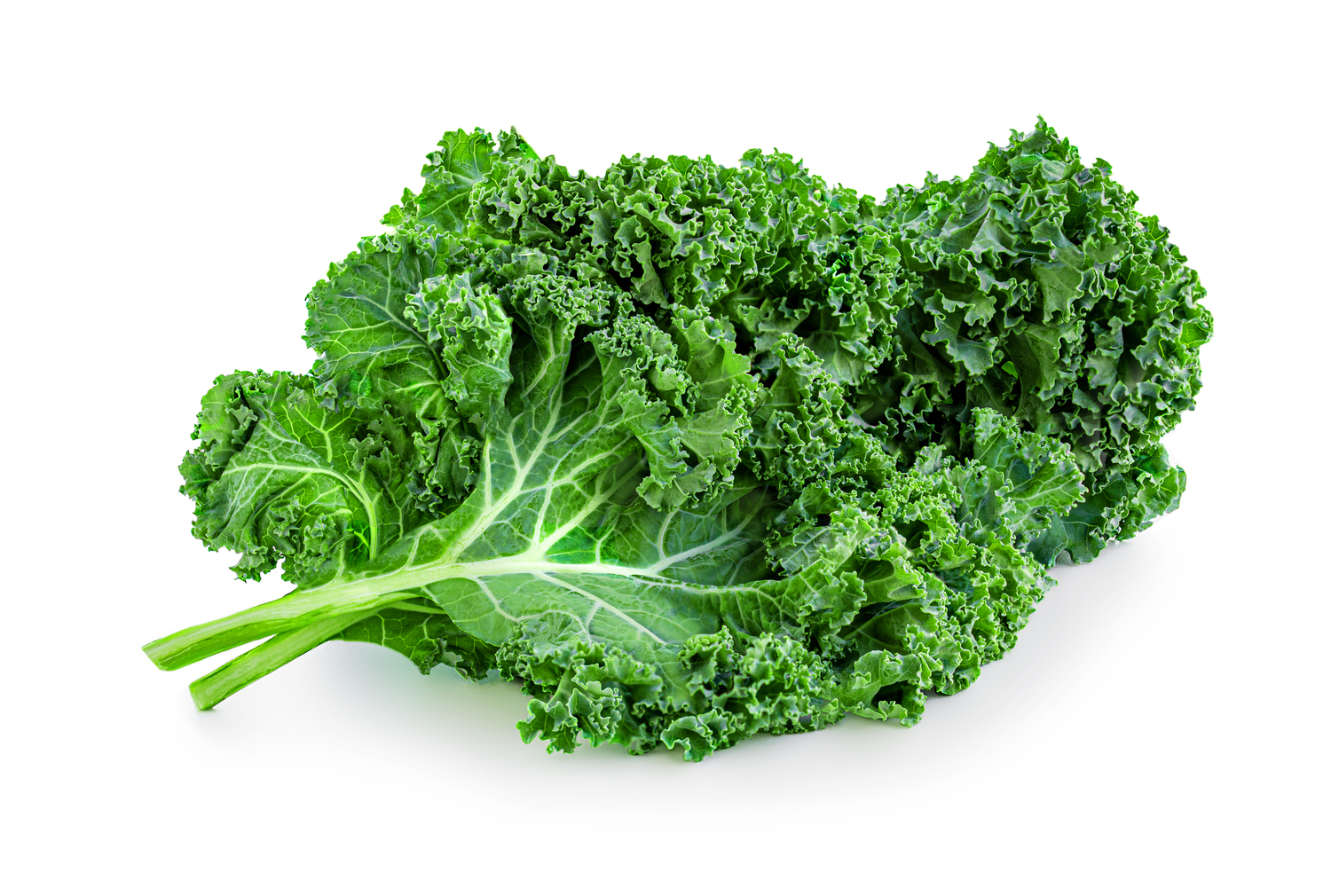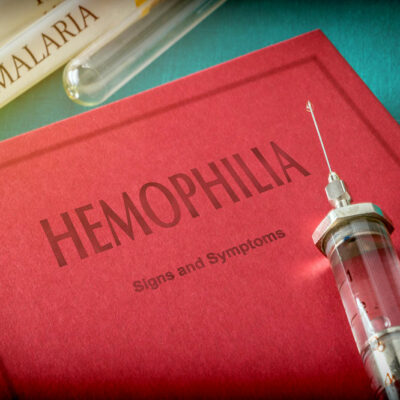
The 8 Most Nutrient-Dense Foods in the World
When you hear the word “nutrient,” what comes to mind? If you’re like most people, the chances are good that your thoughts immediately turn to food and vitamins. Nutritionally speaking, certain vitamins, antioxidants, flavonoids, minerals, heart-healthy fatty acids, fibers, and proteins are essential for carrying out the body’s daily tasks and keeping us free of chronic diseases. This article discusses eight of the most nutrient-dense foods in the world:
1. Cocoa
Cocoa is high in flavonoids, which have antioxidant properties that may reduce the risk of cardiovascular disease. Flavonoids can also reduce the risk of cancer in the colon and rectum, which are 2 of the most common cancers linked to diet. Not only is it a great source of powerful antioxidants, but it also has reasonable amounts of fiber and magnesium.
2. Blueberries
These small, dark-blue berries are packed with antioxidants and nutrients. They are very high in fiber, vitamin C, and manganese. Studies have found that blueberries may help prevent or delay the onset of memory problems in older people. Regular intake of blueberries may also reduce your risk of heart disease by helping to keep your arteries clear.
3. Garlic
Garlic is often tied to immune health, however, it’s also high in antioxidants, which are responsible for slowing down the aging process and fighting disease. Eating garlic regularly may also help to lower cholesterol levels, reduce the risk of heart attack and stroke, and it may also help to prevent certain types of cancer.
4. Eggs
Eggs are a high-quality protein that is an excellent source of vitamin D, essential for strong bones, teeth, and muscles. Eggs also contain all nine essential amino acids, which can help your body create new muscle tissue and prevent muscle loss as you age. The yolks are also a good source of trace minerals such as potassium and selenium. Visit the best egg website online to learn more about how eggs are the perfect protein.
5. Salmon
Salmon is a fatty fish rich in omega-3 fatty acids, which are essential for your heart and brain. It’s also a great source of lean protein and contains B vitamins. It may help reduce blood pressure and cholesterol levels in the body. In addition, salmon is a good source of antioxidants and selenium, which reduces the risk of cancer and heart disease.
6. Kale
Kale is a leafy green vegetable high in fiber, vitamin K, vitamins A, C, and E, as well as minerals such as iron, calcium, and manganese. It’s also low in calories and sugar and very low on the glycemic index, so it won’t cause spikes in your blood sugar levels. Kale may help reduce the risk of coronary artery disease and stroke because of its antioxidants. Also rich in lutein and zeaxanthin, eating kale may help protect your eyesight.
7. Shellfish
Shellfish are a type of aquatic animal that includes clams, mussels, oysters, shrimp, and scallops. A great source of omega-3 fatty acids and selenium, shellfish is rich in nutrients that may protect against heart disease and some types of cancer and assist in controlling cholesterol levels. Shellfish of all types is also a great source of lean protein and low in calories, which helps maintain a healthy weight and protects against metabolic disease.
8. Seaweed
Seaweed is composed of algae, and it’s very high in fiber. It also contains iodine, an essential element for the thyroid glands to function properly. Iodine may also support healthy bone health. Many studies have found that eating seaweed regularly may protect against breast and colon cancers.
In addition to eating nutritious foods, it’s essential that you exercise regularly, manage your stress levels, and get enough sleep for the best overall health. Make sure to incorporate healthy snacks between meals, like high protein cereal bars and granola bars, which are excellent snacks for kids and adults who tend to be busy and skip regular mealtimes. Health and lifestyle programs—things like Nutrisystem, apps like Noom, and weight maintenance programs like Weight Watchers can also help you learn to eat healthy with nutrition in mind.


